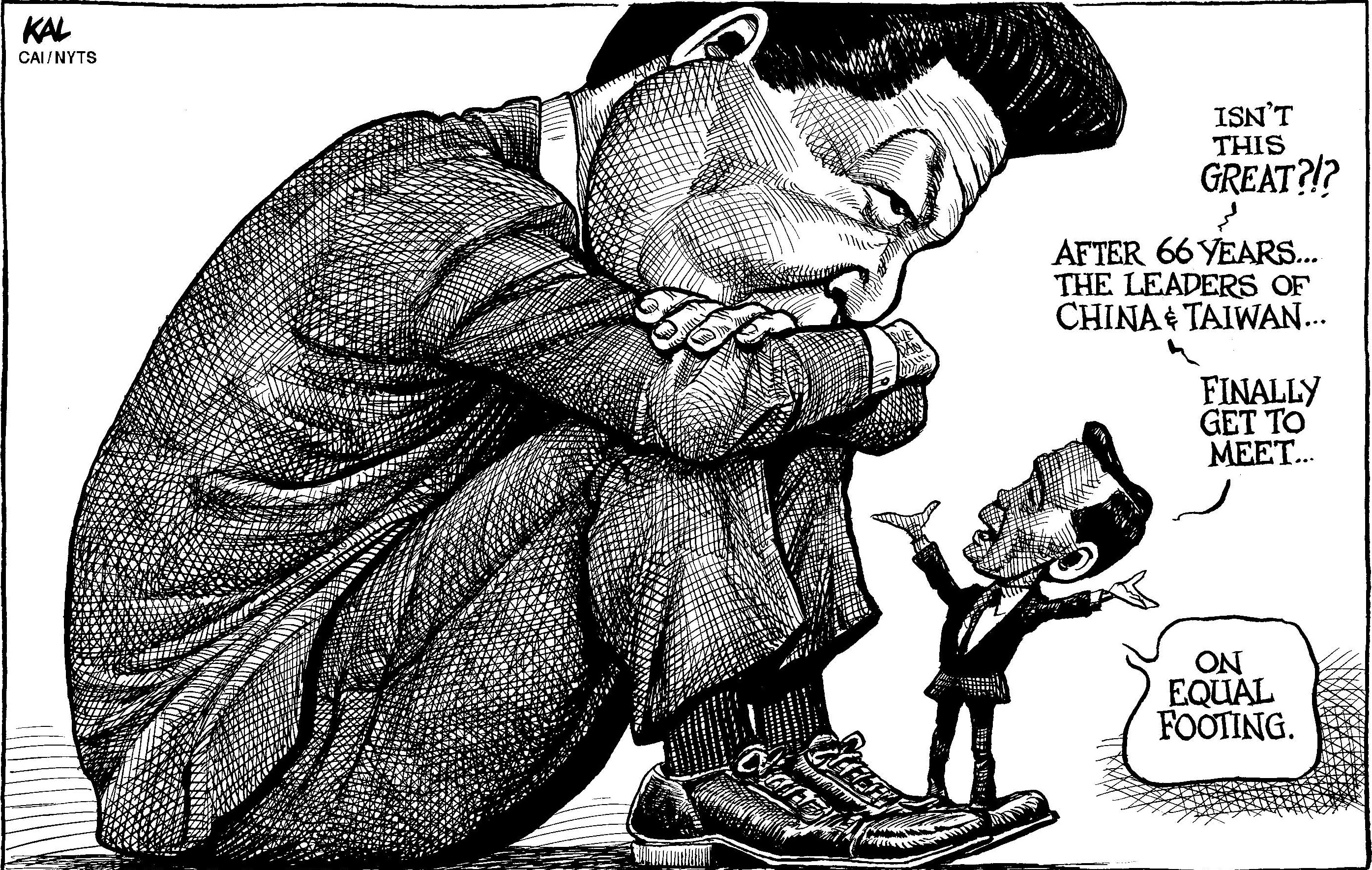Location, location, location: Taiwanese President Ma Ying-jeou took that old real estate adage a bit too literally when he assumed power in 2008, moving his economy as close to China as possible. That strategy is backfiring spectacularly ahead of an election Saturday expected to toss his party to the curb.
Ma's government signed more than 20 sizable deals with China and saw cross-strait trade rise 50 percent. Trouble is, Taiwan grew just 1 percent in 2015 to China's 7 percent, while wages stagnated, the wealth gap widened and corporate profits dwindled. That performance serves as a telling bookmark for Ma's tenure. While his Kuomintang, or KMT party, argues that its stewardship of the economy warrants re-election, voters are turning to Tsai Ing-wen and her Democratic Progressive Party, or DPP.
The global economy was in chaos when Ma took office in Taipei. Within four months, the collapse of Lehman Brothers and crashing Western markets made China's boom seem like low-hanging fruit. Beijing, which sees Taiwan as a runaway province, put out an economic welcome mat Ma couldn't resist.



















With your current subscription plan you can comment on stories. However, before writing your first comment, please create a display name in the Profile section of your subscriber account page.